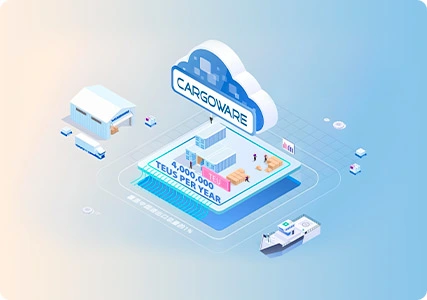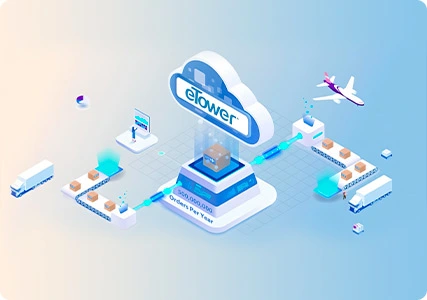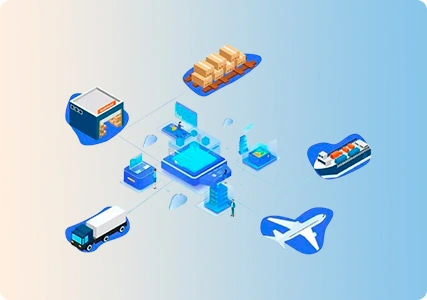In today's rapidly evolving business landscape, the role of logistics has transformed from a supporting function to a strategic enabler. At the heart of this transformation lies logistics software – a dynamic tool that is reshaping how companies manage their supply chains, optimize processes, and meet customer demands. This article delves into the world of logistics software, exploring its functionalities, benefits, and its impact on modern supply chain management.
The Rise of Logistics Software
Logistics software has emerged as a pivotal force in modern supply chains. It provides businesses with the digital capabilities needed to streamline operations, enhance visibility, and respond swiftly to market fluctuations. From inventory management and order processing to route optimization and real-time tracking, logistics software offers a comprehensive suite of solutions that span the entire supply chain.
Key Features and Functionalities
Delving deeper, logistics software encompasses a range of features that empower organizations to drive efficiency and accuracy. These include:
Inventory Management: Advanced software allows for real-time tracking of inventory levels, reducing the risk of stockouts or overstocking.
Order Processing: Automation of order processing ensures prompt and error-free order fulfillment, enhancing customer satisfaction.
Visibility and Tracking: Real-time tracking and monitoring of shipments enable businesses to provide customers with accurate delivery estimates and updates.
Data Analytics: Logistics software collects and analyzes data, offering insights into operational performance and identifying areas for improvement.
Benefits for Businesses
The adoption of logistics software offers several strategic advantages for businesses:
Efficiency Enhancement: By automating repetitive tasks and optimizing routes, logistics software increases operational efficiency and reduces the likelihood of human errors.
Improved Customer Experience: Real-time tracking and accurate delivery estimates enhance customer satisfaction by providing transparency and reliability.
Data-Driven Decision Making: Analytics derived from logistics software data enable informed decision-making, driving continuous improvement.
Scalability: As businesses expand, logistics software provides the scalability needed to handle increasing demands.
Impact on Supply Chain Management
In the era of rapid globalization and e-commerce proliferation,logistics software is a game-changer for supply chain management. It ensures seamless coordination across suppliers, manufacturers, distributors, and customers, facilitating efficient end-to-end operations. The software's real-time capabilities enable businesses to adapt swiftly to market changes, improving responsiveness and competitiveness.
Conclusion: The Future of Logistics
Logistics software is not just a tool; it's a strategic asset that empowers businesses to navigate the complexities of modern supply chains. As technology continues to evolve, logistics softwarewill play an increasingly vital role in shaping the future of logistics and supply chain management. By embracing these digital solutions, businesses can achieve operational excellence, elevate customer experiences, and thrive in the ever-changing landscape of global commerce.










